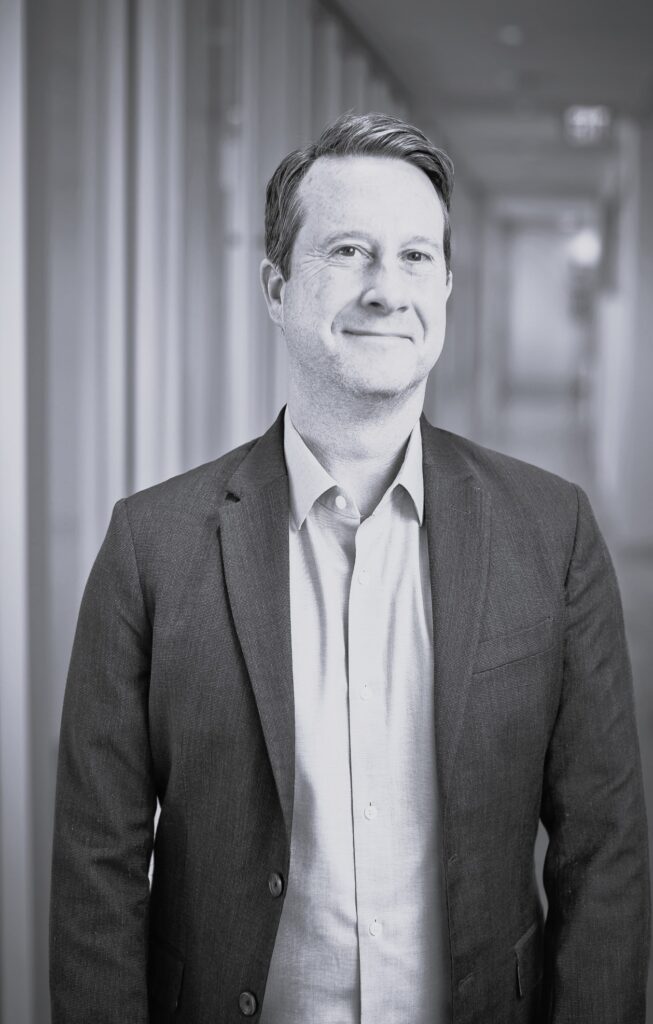
Director
William V. Lepiesza
Mr. William V. Lepiesza has managed senior executive searches for clients ranging from startups to Fortune 100 global corporations, including leading law firms, international biopharmaceutical companies, industrial conglomerates and major financial services institutions. His search engagements have spanned the suite of executive, functional and enterprise-wide leadership positions for organizations across the Americas, Europe and Asia-Pacific.
Prior to joining The Alexander Group, Mr. Lepiesza held a series of senior human resources leadership roles, most recently serving as corporate officer and head of talent for a multinational telecommunications corporation.
Education
-
Brown University
Bachelor of Arts, Economics Bachelor of Arts, History
Industry Experience
Legal and Professional Services
Life Sciences and Healthcare
Financial Services
Consumer Packaged Goods
Manufacturing
What do you think differentiates The Alexander Group from other executive search firms?
As a firm, we’re relationship-driven as a core value, and that certainly extends to how we interact with our clients. We have many client relationships that extend back 10, 15, or even 20 years, but even for new clients, we get to know them as well as they know themselves, and their firm cultures, business strategies, and potential for the future. That enables us to find the perfect leadership match, for their specific needs.
What’s the highest compliment a client can give you?
The highest compliment that clients can give, is to put their trust in us to find them exceptional leadership talent – and to continue doing so as we build out their executive teams, and partner with them over the long-term.
What do you think is the most difficult part of executive search, and how do you respond to it?
Every client is different, and every search has its own nuances, and differentiating factors. Getting to know our clients, their respective businesses, cultures, and what makes them unique, is an intensive and integral part of what we do. We put the time in up front in the search process, to ensure we always deliver the best outcome.
What do you love about your work?
The way we approach search is to serve as a seamless partner to our clients – their successes are our successes, and nothing is more rewarding than seeing the positive impact the right leadership can bring to a client over the long-term.
Recent Articles

Mastering Law Firm Merger Integration: Secrets to Seamless Success
Law firm mergers hit a record high in 2024 as firms sought to leverage practices, expand geographies, and supplement areas of expertise. But while many firms emphasize strategic alignment and cultural compatibility, the real challenge lies in effective law firm merger integration. Leaders often tout how mergers will expand their geographical footprint or align practices,

The Emerging Power of the CIO Role in Law Firms: Shaping The Legal Future
We discuss the evolving role of CIOs in law firms, highlighting their shift from technical experts to strategic leaders.

Board Member Resignation: How to Navigate Corporate Governance Crisis
The Alexander Group advises on responding to a full board resignation, emphasizing urgency, communication, and understanding voting structures.

7 Fatal Hiring Mistakes
Finding the best leader for your organization—whether a high-growth startup or established industry leader—can be a daunting enough venture, even under the most optimal conditions. While there are several ways for a Board or senior hiring executive to throw a monkey wrench into the search process unintentionally, here are seven of the most common mistakes

Candidates Are Still Doing the Darndest Things
This blog was originally published in December 20222. Should old acquaintances be forgotten, something tells me we will still remember these experiences seared into our memories. Even the most talented, exquisitely qualified, and industry-leading executives—who appear perfect on paper or over the phone—can still surprise us when we move forward and meet with them for